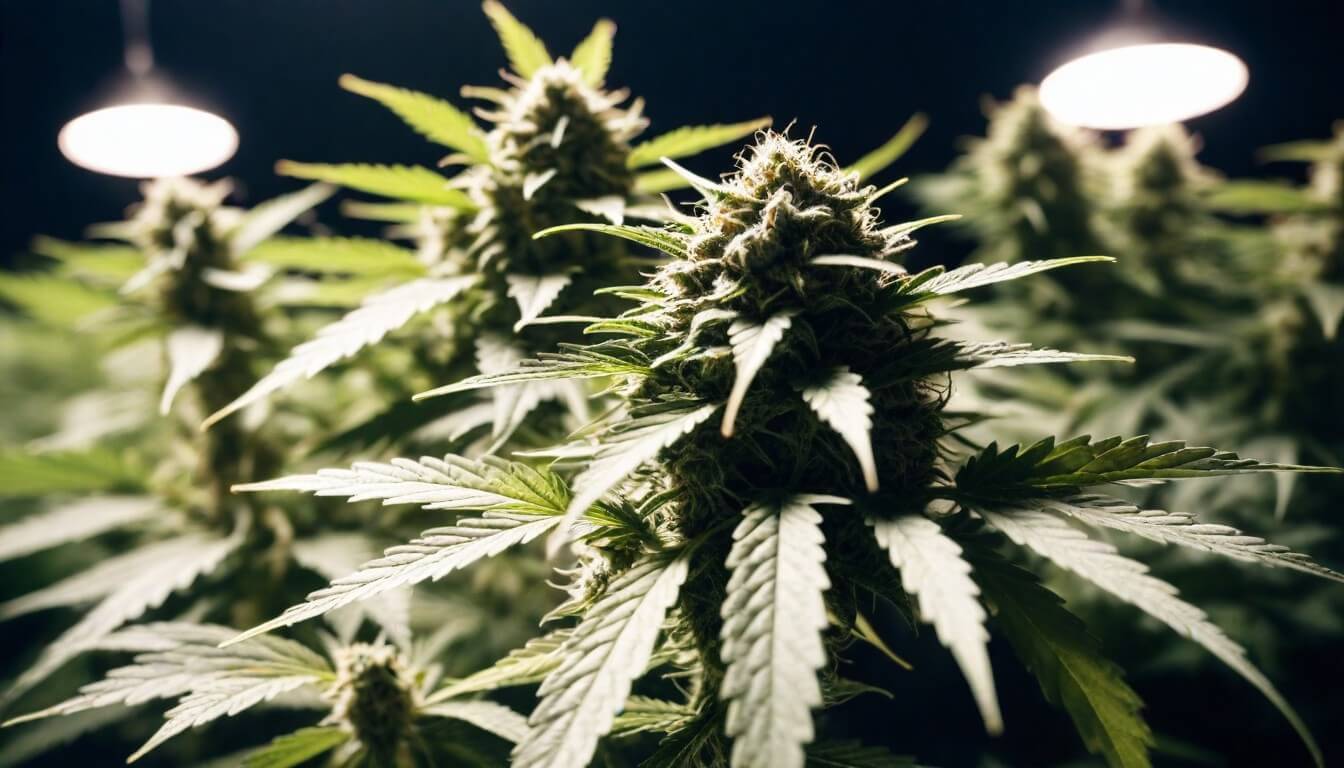In light of the recent insolvencies impacting Canada’s adult-use cannabis market, Heritage Cannabis has become yet another marijuana producer to obtain creditor protection. The Ontario Superior Court of Justice granted the order for creditor protection, as the company revealed in a press release.
The struggling firm acknowledged that initiating proceedings was a challenging decision. Still, it proved essential, given the company’s poor financial position. Heritage confirmed that they had exhausted all alternatives and consulted legal and financial advisors before opting for this course of action.
Terms of Initial Order Outlined
The Companies’ Creditors Arrangement Act (CCAA) features an initial order with specific requirements. Key conditions entail:
- A Stay of Proceedings: This measure applies to both Heritage Cannabis and its Canadian subsidiaries, temporarily halting legal actions against them.
- BJK Holdings Demands Repayment: Heritage Group is required to repay debts amounting to approximately 8.4 million Canadian dollars (CAD), as demanded by senior secured lender BJK Holdings on April 1st.
- Maintaining Existing Management: Despite these setbacks, Heritage maintains that its board of directors will not undergo any significant changes other than increased monitoring. The company announced that it will remain under general oversight while working with a financial monitor.
Seeking Approval for the Sale and Investment Solicitation Process
As part of its recovery plan, Heritage Cannabis intends to propose a sale and investment solicitation process, subject to approval from legal authorities. Once the green light is given, this initiative will enable interested parties to partake in financial negotiations and help bolster the company’s standing amidst these challenges. It is worth noting that Heritage anticipates its shares will face a delisting review by the Canadian Securities Exchange.
An Overview of the Cannabis Industry’s Financial Woes
The tumultuous financial situation faced by Heritage Cannabis is not an isolated case. A growing number of marijuana producers across Canada have experienced insolvencies while navigating the adult-use market.
Soaring Expectations versus Harsh Reality
Over the past few years, the cannabis industry has attracted significant media attention due to the high expectations placed upon it. Considerable investments have driven unprecedented growth rates, convincing many that marijuana production is a surefire way to make returns. However, recent events have demonstrated that the market boom was short-lived, with businesses closing up shop or grappling with bankruptcy left and right.
Economic Factors Influencing The Market
Several reasons underlie the current instability within the cannabis industry. Several factors contributing to growing pains include:
- Overcapacity: As companies scrambled to capitalize on the budding cannabis market, increased production led to sheer overcapacity and falling product prices. As a result, increasing operating expenses forced numerous entities, including Heritage Cannabis, to seek CCAA protection.
- Black Market Competition: Marijuana remains illegal at a federal level, exacerbating difficulties for producers who are striving to balance both consumer demand and regulation. This status encourages black-market activity, further threatening the already struggling cannabis market. Consumers seeking lower-priced products turn to illicit sellers, inadvertently hurting licensed producers.
- Funding Restrictions: In Canada, cannabis producers find accessing funds increasingly difficult as the industry’s credibility wanes. Stringent regulations have led to limited financing options for companies looking to ramp up their operations and revenue streams.
Moving Forward Amid Uncertainty
Despite the bleak financial prospects faced by companies like Heritage Cannabis, several market players remain confident that they can weather this storm. Experts predict a potential rebound for the industry, provided market actors seek diversification opportunities, increased mergers and acquisitions, or collaborations with international players to expand within global markets.





